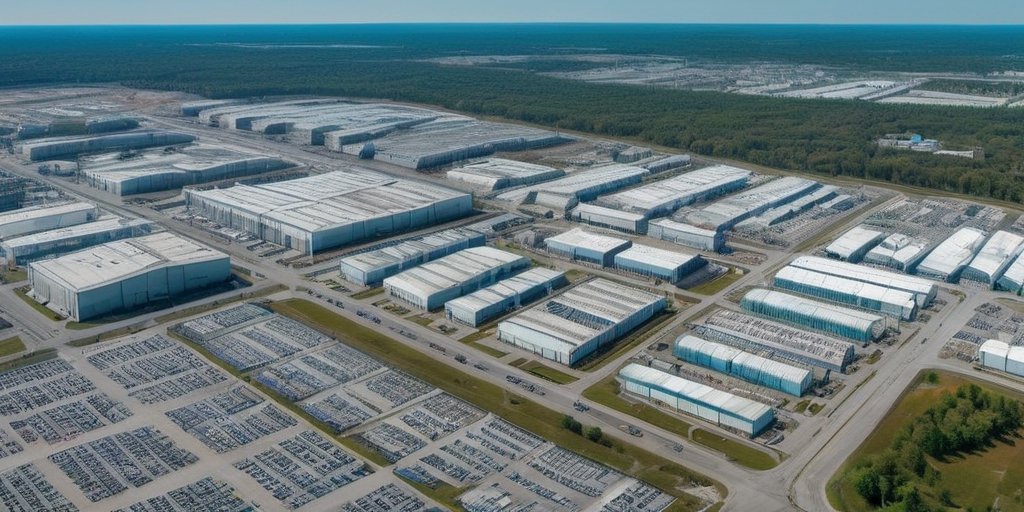In a bold declaration, President Donald Trump asserted on Saturday that he does not mind if automakers raise prices as a result of his controversial 25% tariffs on imported cars and parts. During a phone interview with NBC News’ Kristen Welker, Trump expressed his indifference regarding potential price hikes, insisting that the demand for American-made cars would thrive as a consequence.
“No, I never said that,” Trump responded when questioned about whether he pressured auto CEOs to control costs. “I couldn’t care less if they raise prices, because people are going to start buying American cars.”
This statement comes in the wake of a report from The Wall Street Journal, which detailed Trump’s earlier conversation with auto CEOs, where he threatened to impose even larger tariffs if they decided to increase prices following the tariffs’ implementation. Despite these discussions, Trump clarified that he hopes these tariffs will actually lead to price increases that drive consumers towards American-made automobiles.
In his words, “I hope they raise their prices, because if they do, people are gonna buy American-made cars. We have plenty.” After the interview, an aide reportedly indicated that Trump was specifically referring to foreign vehicle prices.
The overarching message from Trump to the automobile industry is clear: he wants production shifted back to the United States, supported by the notion that local manufacturing will be more profitable without tariffs. He articulated this sentiment, saying, “Congratulations, if you make your car in the United States, you’re going to make a lot of money. If you don’t, you’re going to have to probably come to the United States.”
However, the auto industry remains cautious. Historically, shifting production has presented significant challenges, including high costs and long timelines for factory construction and workforce development. Furthermore, with Trump’s inconsistent tariffs, manufacturers are wary of making changes without clarity on long-term policies.
Reflecting on future tariffs, Trump stated that the upcoming reciprocal tariffs—set to take effect soon—would be permanent but remained open to negotiation under certain conditions. “Absolutely, they’re permanent, sure. The world has been ripping off the United States for the last 40 years and more,” he reiterated.
Industry experts have voiced concerns that these tariffs will escalate the overall cost of car production in the U.S., potentially raising vehicle prices significantly. This sentiment is echoed by auto manufacturers who may choose to reduce output in anticipation of a fluctuating tariff landscape.
International responses have also been swift. Canadian officials signaled potential retaliatory measures if the U.S. proceeds with its tariffs, hinting at a trade war that could escalate tensions between the neighboring countries.
Amidst varying opinions, Peter Navarro, White House senior counselor for trade, addressed concerns over potential price increases by urging consumers to “trust in Trump.” He asserted that tariffs boost jobs and overall national security while promising that tariffs contribute to economic prosperity without immediate inflation concerns.
Overall, Trump’s new tariff policies are expected to stir significant shifts in the auto industry, promising a potential reshaping of both production practices and pricing strategies as the market adapts to a changing economic landscape.
